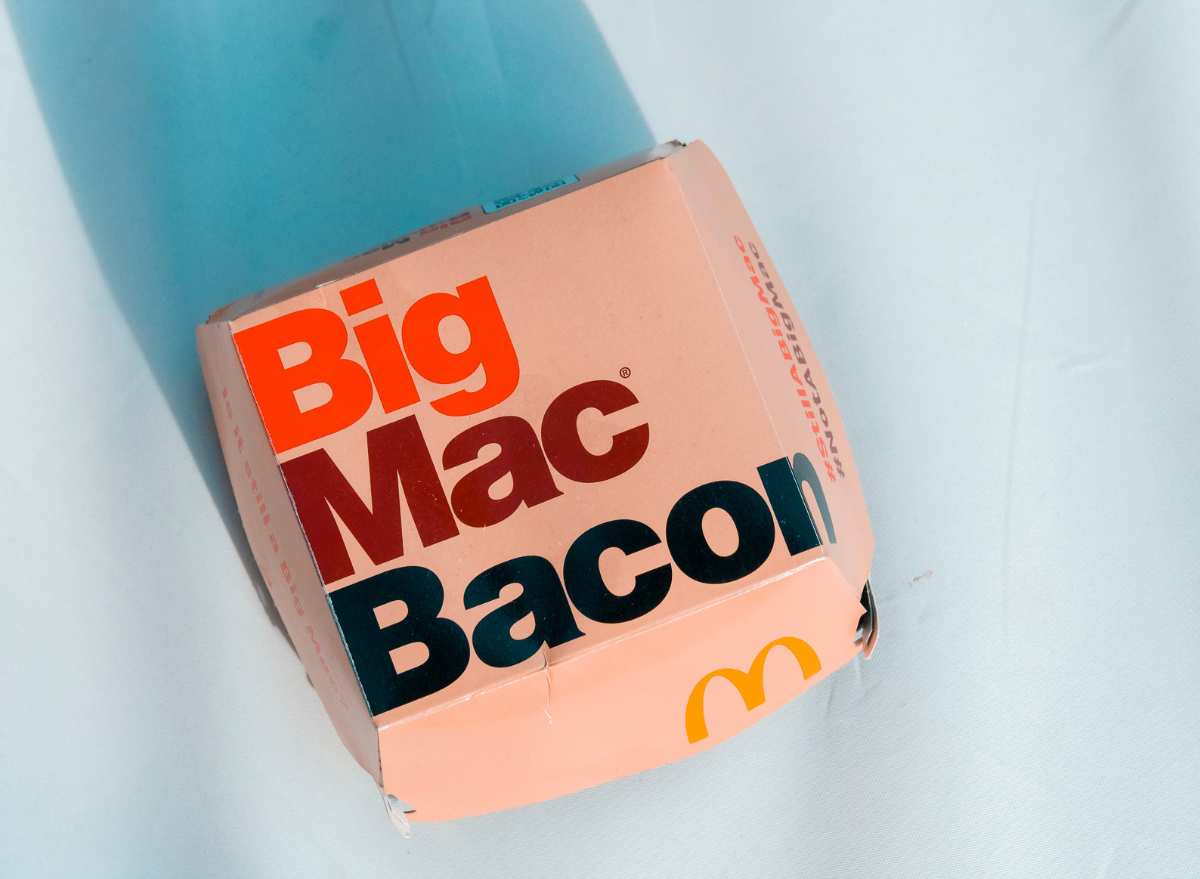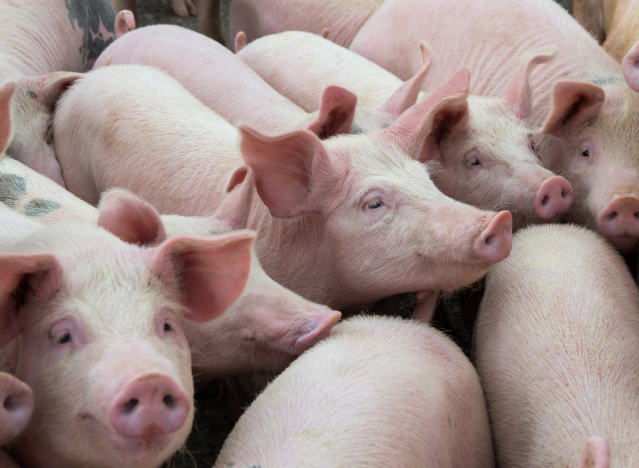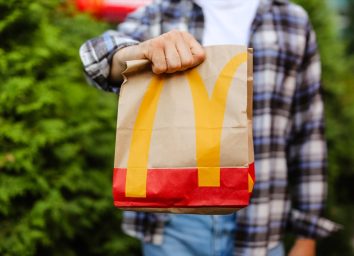McDonald's Burger Could Cost You Up to 20% More If This Happens

For many in the drive-thru, adding extra bacon is just an afterthought, not a major financial decision. For animal rights advocates, however, the price for pork has always been much too high–for the pigs.
Legendary investor and billionaire Carl Icahn has taken steps toward expanding his campaign to end pig gestation crates by targeting McDonald's, and more recently, Kroger. While the move could help nudge animal welfare rights to be in sync with Europe, many are wondering if the timing is bad, especially since it would increase the prices of pork products during a time when Americans are feeling the drain on their wallets more than ever.
According to a report by Bloomberg, if the push against gestation crates goes into effect at the fast-food chain, the prices of items containing pork products could rise anywhere from 5% to 20%. That's an estimated $2 increase if one were to add two half-strips of bacon to a Mickey D's burger in Chicago, where the company is based.
Related: 8 Worst Fast-Food Burgers to Stay Away From Right Now

While paying more for bacon doesn't sound fun for anyone, animal rights advocates say that the transition from gestation crates is long overdue. In hog farming, the crates are utilized as individual pens or "sow stalls" that limit mobility for pregnant female pigs during their gestation period. Advocates for the stalls claim sows that are housed together fight, potentially injuring each other, but rights activists say the crates are inhumane and prevent the pigs from standing or turning around for months on end.
Icahn has recently bought over 200 shares in McDonald's, a move which surprised many who have come to know the financier for targeting small ventures. Since the investment, Icahn has nominated two people to its board in an attempt to further his anti-gestation crate agenda. While the powerplay unfolds, McDonald's has released a public statement acknowledging the transition from gestation crates but insisting the move isn't something to be done recklessly.
"Despite industry-wide challenges for farmer and producers, such as the COVID-19 pandemic and global swine disease outbreaks, the Company expects 100% of its U.S. pork will come from sows housed in groups during pregnancy by the end of 2024," the statement said.
Prior to this, in 2012, McDonald's had agreed to ending the crate practice this year. There is dispute on whether McDonald's is actively working toward meeting those goals or is manipulating their language to appear as though they are. What isn't clear from the statement is the duration of confinement between "group housing," periods, which means that the sows are raised in group environments but still individually confined during pregnancy, which for two cycles a year would equal over three months of confinement, according to a Vox article.
Those against the policy for furthering animal rights in supply chain practices cite inflation costs accrued from COVID-19 worker shortages and gas prices driving transportation costs up as more than enough reason for tabling the decision for now. Additionally, for many families, a little extra cost adds up in a big way when prices are on the raise for most necessities.
Noted animal husbandry scientist, Temple Grandin, has expressed distaste for the gestation practice in an interview with the Washington Post, however. "It's not life," she said. "The way I look at it is: How would you like to live in an airline seat?"









